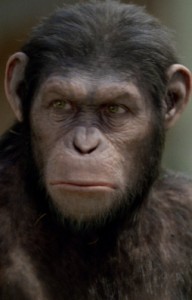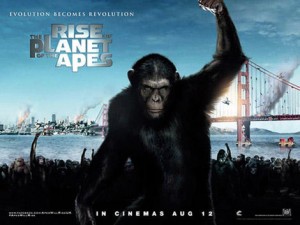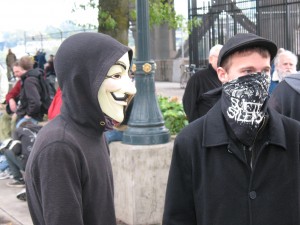Columbus Day: Could we please get rid of it? He wasn’t even the first white dude to come to North America. Leif Erikson Day would be much better, as it could be Viking-themed and an excuse to drink mead.
Earth Day: Hooray for having a planet!
President’s Day: We sure do have an Executive Branch!
Memorial Day: There are very real historical/patriotic reasons to celebrate this holiday, but for most people it’s a day off and an excuse to barbecue. It is neither bad, but it is also not mind-blowingly celebratory.
Veteran’s Day: See above.
Labor Day: Basically the same as Memorial Day and Veteran’s Day in terms of non-exciting-ness, but it’s nice to give summer a send off before everything gets all autumnal.
Valentine’s Day: This holiday sucks if you’re single because it’s a reminder of how lonely you are. It also sucks if you’re in a bad relationship because it will remind you of what a horrible train wreck-y failure your love life is. However, if you’re with someone whom you actually like, Valentine’s Day is an excuse to go out to dinner, make googly eyes at each other, and then have sex. That is generally a nice way to spend an evening.
Easter: If you don’t believe in Jesus then Easter is basically an excuse for chocolate. That’s okay if you like chocolate. It’s nice to herald the coming of spring, though, and tell winter to suck it. This holiday may also be referred to as Zombie Jesus Day, which is fun to say and annoys theists.
Martin Luther King, Jr. Day: Hooray for positive, widespread social change regarding America’s painful, racist past! Seriously, it’s nice to be reminded that we, as a country, can do the right thing from time to time.
St. Patrick’s Day/Cinco de Mayo: These are days where Americans use a nationality as an excuse to drink.
The Fourth of July: This holiday is fun because things blow up, and participants may sing the “AMERICA: FUCK YEAH” song with only slight amounts of irony.
Christmas: The nice thing about Christmas is that lots of people take time off, you can see long-absent friends and relatives, and there is the opportunity to give and receive thoughtful gifts. On the other hand, it’s mandatory family time, gift giving can be stressful and expensive, and annoying music gets piped into retail outlets for the better part of December.
Thanksgiving: Hell yes lots of food!
New Year’s Eve: New Year’s is a pleasant chaser to Christmas. Christmas is mandatory family time, but New Year’s is a big party where you can decompress by getting drunk with your friends. There’s no big, important historical or religious aspect to it- it’s just everyone getting together to watch the calendar flip over like it’s a big odometer. When that happens, there is booze and smooching, both of which are enjoyable.
Halloween: Halloween is the best holiday, and if you say otherwise you’re full of wrong. Halloween is the day/night when everyone gets creative and dresses in a whimsical fashion. We allow ourselves to look, be, and act weird. It’s the day of the year where you drag your strange clothing out of your closet, turn it into a new persona, and act like a different person. Grownups, en masse, play pretend and let their guard down just a little. There are parties and dancing and all kinds of revelry, and you get to embody something that you’re not. Everyone who’s been to one knows that Halloween parties are different from other parties.
We drag out all the fear and weirdness that’s considered odd at other times of the year, and put it front and center, giving it a safe space. What’s more, it happens in autumn, probably the most beautiful time of year. It’s right on the balancing point just before everything gets cold, and the dark time of the year is ushered in with colorful gourds and orange lights. It’s a misty black-and-orange swirl of fun, and it remains the only holiday that I get really, truly excited for.


